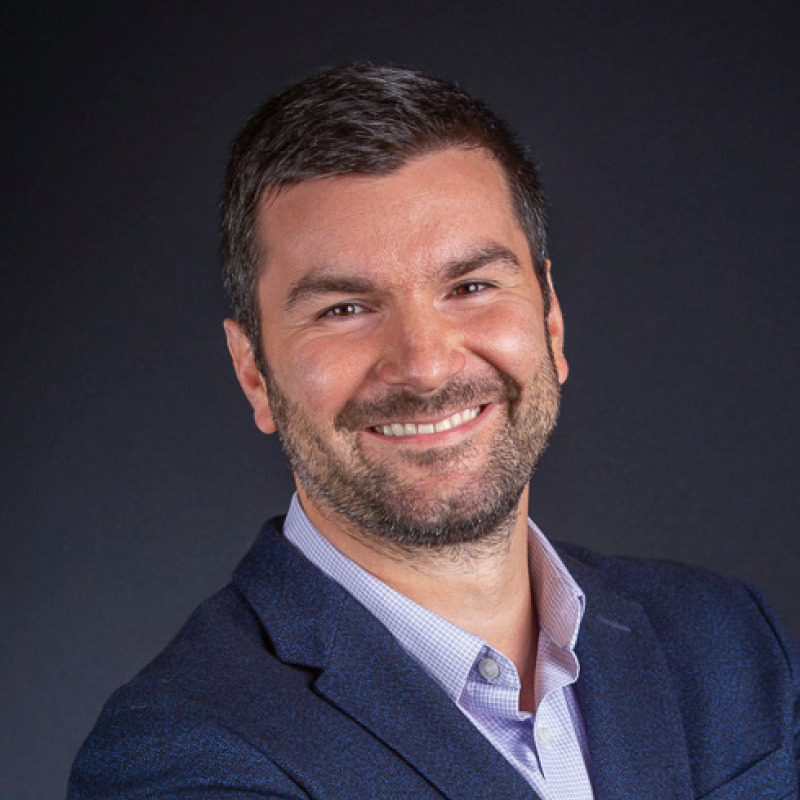
TOTM: The following is part of a digital symposium by TOTM guests and authors on Antitrust’s Uncertain Future: Visions of Competition in the New Regulatory Landscape. Information on the authors and the entire series of posts is available here.

July 26, 10 A.F. (after fairness)
Dear Fellow Inquisitors,
It has been more than a decade now since the Federal Neutrality Commission, born of the ashes of the old world, ushered in the Age of Fairness.
As you all know, the FNC was created during the Online Era, when the emergence of the largest companies in human history opened our eyes to the original sin of the competitive process: unfairness.
In the course of their evolution, digital platforms—the vanity fairs of the XXI century—had created entire ecosystems that offered integrated services that were so comfortable to use together that they led to a double-sin: sloth on the part of the consumers, and the unfair exclusion of competitors, who were barred from exercising their God-given right to participate in every market and every platform—and to prosper.
Digital stores selling their own branded goods, social-media apps with their own messaging services, search engines using search statistics to generate optimally efficient tools that surpassed the (legitimate) confines of their core functions and spilled over into the dominion of job search, flight booking, or housing apps … App stores were even using their own recognizable software to guarantee that the apps they distributed met the highest standards of security and trustworthiness!
While these things might not seem entirely unreasonable (especially to the heathens: selfish and individualistic consumers who care about nothing other than satisfying their base hedonistic desires), they in fact led to unspeakable evils that flouted the common good.
For example, they made it very, very uncomfortable for someone who wanted to start their own real-estate business to compete with such strong rival companies, who could leverage their superior efficiency in their core markets to become nigh-unbeatable in offering the cheapest, most relevant housing ads. To make matters worse, the gargantuan spending of the digital platforms on research and development built additional moats of quality and innovation around their products—both core and adjacent—that made them utterly unimpregnable to rivals specializing in just one area.
By constantly leveraging their core services to offer better and improved products on adjacent markets, digital platforms had made it unfairly difficult for other companies to join the race and deliver us to “perfect competition”—the euphoric state of blissful equilibrium foretold by the high priests of the only true belief system, Economics.
But not all was lost, and we hadn’t been forsaken. In those dark and faithless days, it was revealed to us by Sen. Amy Klobuchar—praise be her name—that the loathsome practice whereby online companies favored their own products and services over their rivals had a name, “self-preferencing,” and that it was a sin. And, most importantly, that it could be eradicated.
Fortunately, and thanks to the vigilance of the FNC, legal steps were swiftly taken to make the praxis of the Digital Economy more closely resemble its theory, as passed on to us by our forefathers.
And it worked, brothers and sisters! The prohibition of self-preferencing in digital markets made online products much more homogenous, thus validating one of the main assumptions of Economics. In addition, new competition-law Acts, with mechanisms such as forced data sharing, have eliminated all the messy experimentation that had hitherto led to varied (and risky) business models and diversified approaches. By turning competition into forced collaboration, we had finally made it stable, equal, and predictable; in one word: fair.
And what of the sinner in every one of us? Before the great revelation, blasphemous “consumers”—an anachronistic and reductive term for “socially responsible citizens”—were committing the sin of laziness: sloth. Now, choice is finally mandated, and nothing can be pre-selected or even integrated. No more arbitrary safe-browsing mechanisms, integrated malware detectors and spam filters. Where digital platforms experimented and imposed results on us, we are now coercively free to experiment by ourselves—and on ourselves! Online searches today lead to thousands of indistinguishable links hiding an infinity of surprises, requiring us to be more circumspect and informed than ever before. In one word: the prohibition of self-preferencing has improved the moral character of the human stock.
It is universally known that we owe the dawn of the Age of Fairness to the American Innovation and Choice Online Act, adopted by Congress in the year 2022; and the unwavering vigilance of the FNC. What is lesser known—and what I am here to instill in you today—is that that was just the beginning. The success of AICOA has opened our eyes to an even more ancient and perverse evil: self-preferencing in offline markets. It revealed to us that—for centuries, if not millennia—companies in various industries—from togas to wine, from cosmetics to insurance—had, in fact, always preferred their own initiatives over those of their rivals!
Just as the ancient chariot constructors designed chariots to suit the build of their own thoroughbred horses (thereby foreclosing horses raised by other breeders), the XX century car producers were using spare parts delivered by a supplier organizationally related to their company.
This realization has accelerated the birth pangs of the American Innovation and Choice Offline Act, which we are here to announce today. With it, the FNC will eliminate all remnants of unfair rivalry—online and offline—so that we, as one community of faith, can finally enjoy the true benefits of competition. But we must never forget that this tenuous equilibrium hangs by a thread, and that we owe it all to the indefatigable efforts of the FNC agents patrolling the streets, supermarkets, restaurants, gyms, factories, and just about everything else every single day.
Of course, there is still a lot to be done. But every long journey must begin somewhere.
Today, I want to warn you against sin and urge you to adopt the religion of fairness[1] before the day of judgment comes.
Amen.
[1] Or any other religion that condemns self-preferencing. I want to recommend them all equally.




